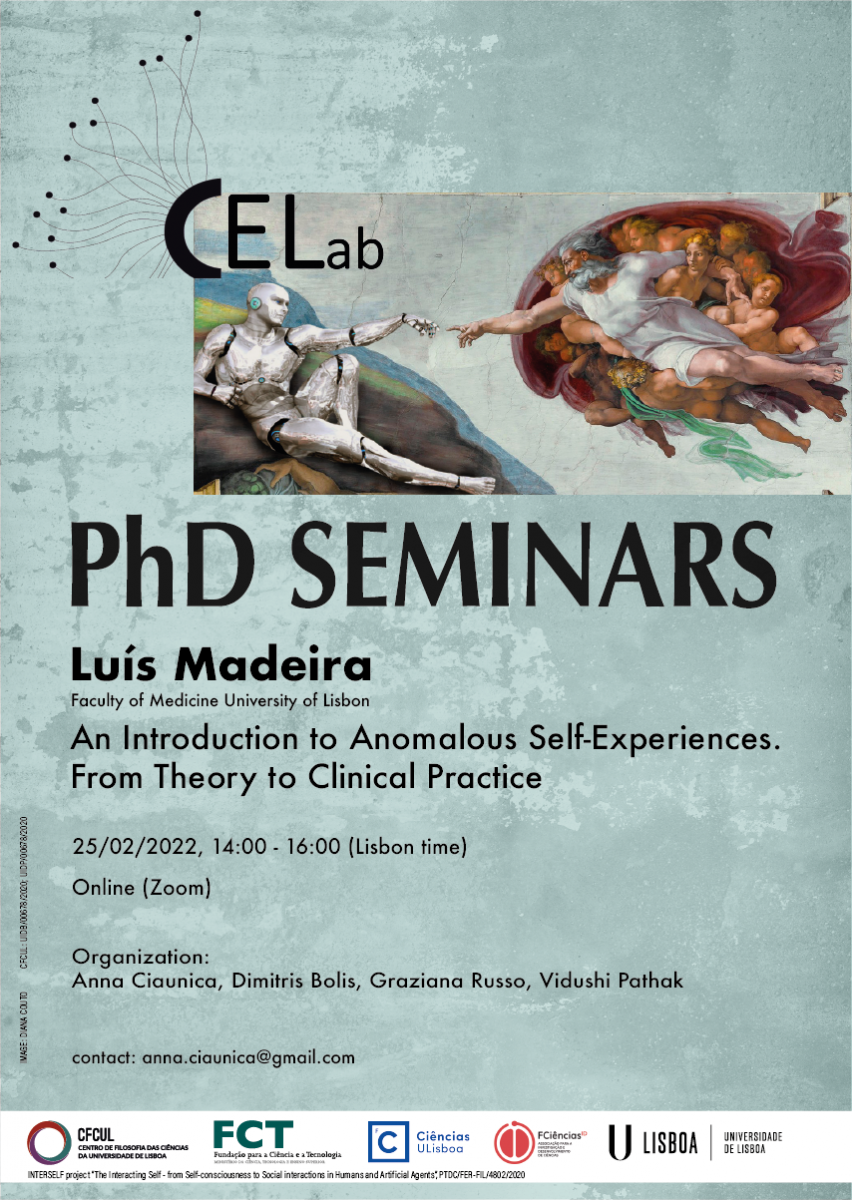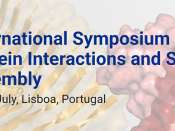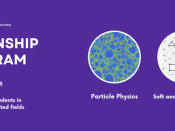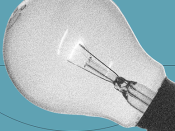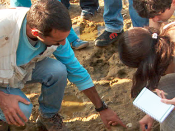Por Luís Madeira (FMUL).
The model of self-disorder offers a unifying conceptualization of schizophrenia that accounts for the wide range of seemingly heterogeneous symptoms found in this disorder. It also sheds new light on more subtle and early changes in this disorder by interpreting them as disturbed ipseity. These subjective changes have been collected and organized into the EASE semi-structured interview, which facilitates their systematic exploration in clinical (and non-clinical) populations. EASE studies have identified ASEs also schizotypic and schizotaxic traits, and in first-episode psychosis and its prodromal phases. The model has been substantiated by conceptual, clinical and neurobiological evidences. Changes in the lived world are distinctive of patients with schizophrenia in clinical and psychopathological descriptions, both classic and contemporary. Indeed, as with the ASEs, Anomalous World Experiences are described in numerous autobiographical accounts and patient reports. The full set of items in the EAWE explores how these and the subject’s overall existential orientation can be disturbed. These changes involving world experience (AWEs) are postulated to occur early in life and relevant for early diagnosis and intervention. This talk introduces the field of Anomalous Self and World Experiences drawing from seminal conceptual inputs and previous empirical research on the topic.
Transmissão via Zoom (password: 140496).
